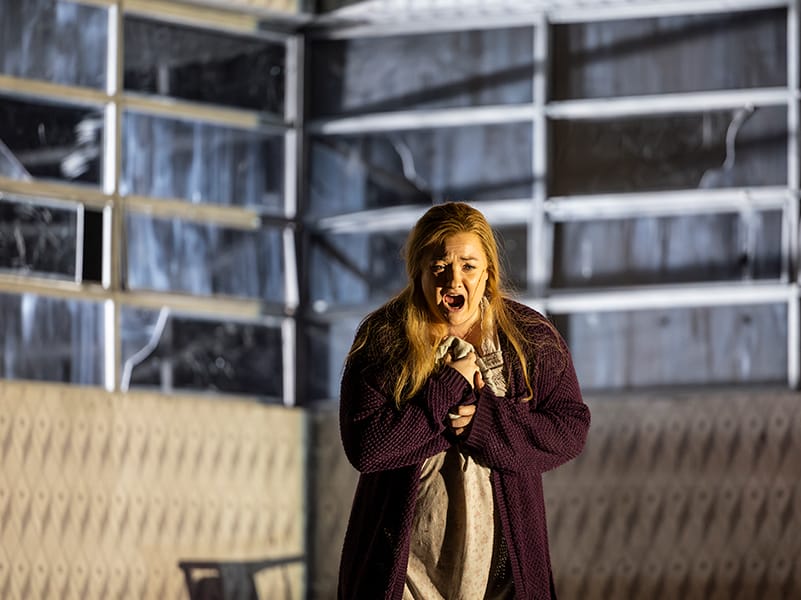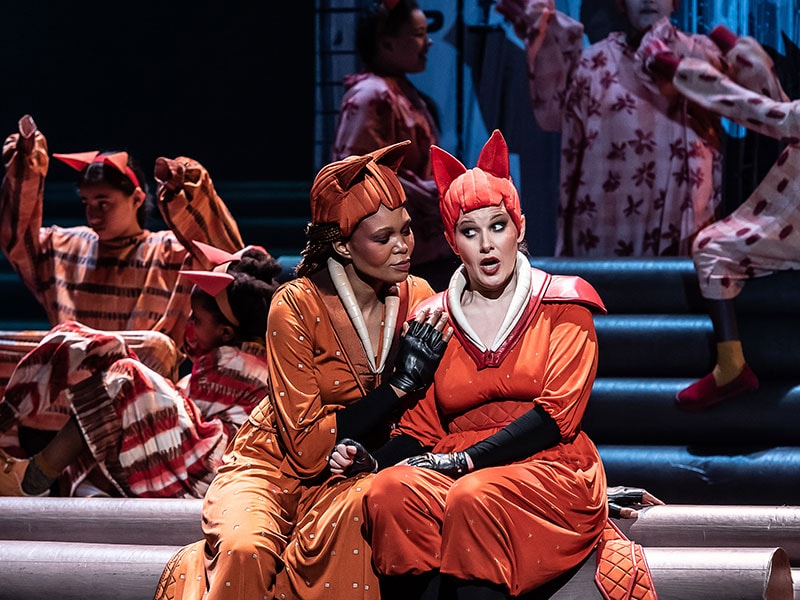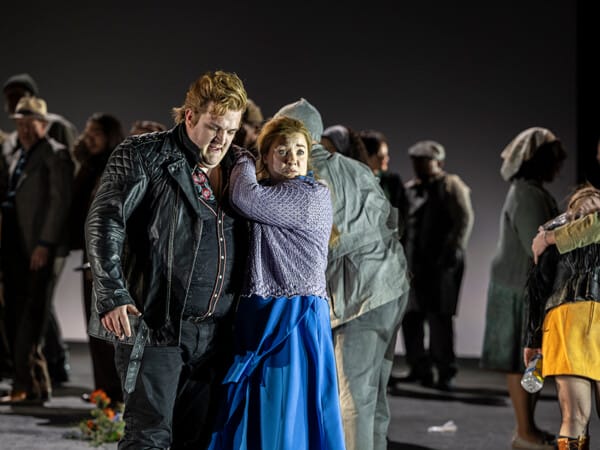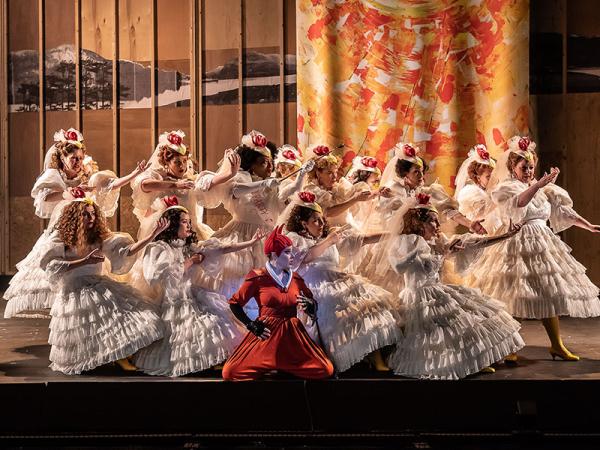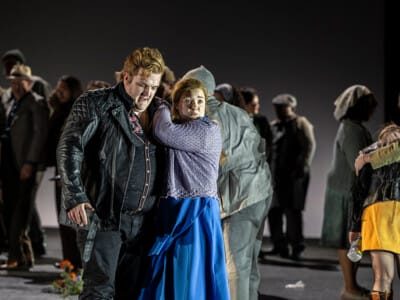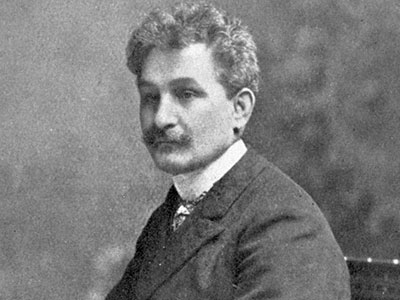
Leoš Janáček
(born Hukvaldy, Moravia 3 July 1854; died Moravska, Ostrava 12 August 1928)
Janacek was the most significant Czech composer in the generation that followed Smetana and Dvorak.
Like England’s Elgar, he was a late developer whose first opera of distinction was not given until he was 50 and his greatest operas were not written until after he had reached 65.
Largely thanks to the advocacy of Sadler’s Wells/ENO and the conductor Sir Charles Mackerras, his reputation was firmly established and began to grow in the 1950s.
Today, Janacek is regarded as one of the most substantial, original and immediately appealing opera composers of the twentieth century, whose stage works stand alongside those of Richard Strauss, Puccini and Britten in the core repertory.
Janáček's Musical Style
It was with Jenůfa that Janacek achieved his first important opera, whose social realism and moral compass is unlike most contemporary operas of the period. In Jenůfa Janacek developed his interest in Moravian folk music and ‘speech-melody’, the latter a distinctive response to the cadences of everyday speech and how they might function in vocal lines to produce an individual style.
Indeed, an important feature of Janacek’s later operas is the composer’s willingness to explore territory unusual for operatic treatment or to derive it from unexpected sources. For example, The Makropulos Case centres on a complex legal argument; The Cunning Little Vixen derives from a charming cartoon strip in a local newspaper; while From the House of the Dead transfers Dostoevsky’s reportage novel into an equally bleak operatic masterpiece.
Behind all his late works – not only his operas but also his two string quartets and Sinfonietta – is the inspiration of Kamila Stosslova, a married woman many years his junior with whom Janacek became infatuated. Despite the comic pathos of their relationship, it lies at the roots of everything from his Indian summer of the 1920s.
His musical language is essentially tonal, often modal (as is much folk music), but can be also unexpectedly dissonant. His operas tend to avoid set numbers in favour of a constant musical dialogue between the characters. That said, all his late operas have unexpected and extremely intense lyrical moments. His writing for orchestra is expressive and highly individual.
Janáček's Life
Janacek followed in the footsteps of his family’s teaching tradition, holding significant appointments in Brno for many years, notably as director of the Brno’s Organ School from 1881 until 1919.
Throughout his years as a teacher he was active as a composer, including writing works for the stage, several of which have been successfully revived. Among the most interesting of these early works is Osud (Fate), a semi-autobiographical opera.
Janáček's Music: Where to Start
Notable Operas
- Jenůfa (always known as Her Stepdaughter in Central Europe), 1894–1903, after Preissova’s play
- Katya Kabanova, 1920–21, after Ostrovsky’s The Storm
- The Cunning Little Vixen, 1922–3
- The Makropulos Case, 1923–5, after Capek’s play
- From the House of the Dead, 1927–8, after Dostoyevsky’s novel

